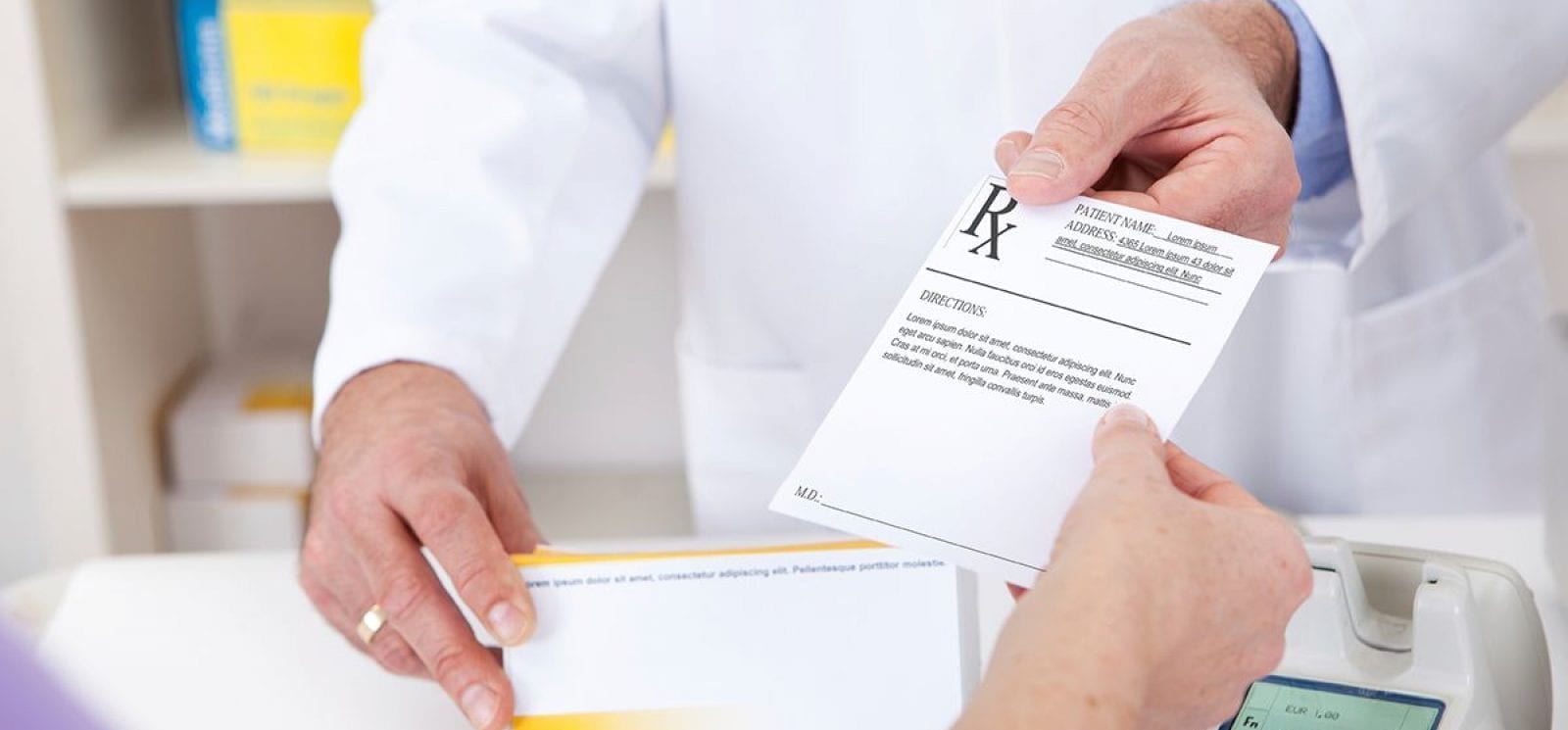Poor customer service is killing so many retail businesses. Relying on old tools is the culprit – and what they should do about it.
I love my town. I have lived there almost 20 years and I love the small-town feel in the middle of a large Metroplex. I have shopped at the same grocery store, same dry cleaners and until about a month ago, the same pharmacy for the entire time I have lived there.
My daughter is a type 1 diabetic and that means frequent trips to the pharmacy. For much of the last 20 years, they knew us by name and would pull our prescriptions when they saw us walk in. I enjoyed hearing stories about their kids and grandkids and they watched our family grow up.
But two years ago all that changed. The people I’d known for years were gone, replaced by much younger, and I assume, lower-paid help. I tried to make it work, but wrong order after insurance snafu finally exhausted my patience. Recently I switched my whole family to a new pharmacy, which is a little less convenient but gives me the great service that I was looking for.
From my perspective, customer service was the only thing they had to offer me. My medical insurance pays most of the bills so the cost of the medication is exactly the same no matter where I go. That is the definition of commodity: the price and product are the same from any vendor. My only reason for store loyalty was convenience and customer service.
They Never Saw It Coming
Yet they should have. All the signs were right there:
- I am a member of their loyalty program. They know (or should know) exactly how many times, and on what frequency I go to their store.
- They should have a record of my predictable, and profitable spending pattern.
- I switched all of my prescriptions; surely they should have a record of that.
- I even left them a negative Yelp review.
I get that I am only one customer among millions to a large chain. But of all the people that walk through the door, I am the one you want to keep: I am loyal, predictable, and my total annual spend in your store is more than most of your employees make in a year. If I am not worth pursuing, then who is?
The issue is that traditional business intelligence systems are not built to find me. I am not a needle in a haystack – I am a needle in a stack of needles. But I am also the key to your profitability. You can sell all the hair curlers and toothbrushes you want, you can’t survive in the pharmacy business without filling prescriptions.
Look at Your Business Differently
The people running the business need to be able to quickly and easily bring the data together that contains the answers they are looking for. More importantly, they need to be able to ask questions they didn’t know they had when the system was being built.
Traditional data warehouses require you to define the structure up front. This is a struggle for the business leaders because often they don’t know what they are looking for. Sure, there are traditional reports like financial statements and sales forecasts. But when you discover that store profitability is down are you able to quickly and easily discover that it is because your best customers are taking their business elsewhere?
Enterprise NoSQL allows you to combine different data sources like your loyalty database and your prescription database and third party data like Yelp to ask the tough questions without spending millions of dollars and years of effort. Enterprise NoSQL is able to take those data sources in AS-IS and then use powerful search and “ask anything” indexing capabilities to reveal the details behind the numbers.
We live in a world where your car can email the dealership to let them know that the vehicle is about to break down and to schedule a service call, where I can order a pizza with a text message and binge watch the entire series of Friends from my phone. And we also live in a world where the people that run companies can find out why their best customers are leaving and make moves to fix it.
Stop Using the Wrong Tools
But that is not the reality at most companies. They are using databases and BI tools built when you had to wait to see if that squeaking noise under the hood was going to get better by itself (it won’t), talk to a live person who may or may not remember you only wanted mushrooms on half the pizza (they won’t) or wait until next week to see Ross and Rachel got back together … (they do, eventually)
Failure to innovate has killed more companies in the last 10 years, then probably the previous 50. Big chains fell because technical innovation cut to the root of our relationship: I am the consumer and if someone offers me a better way to consume, then they are going to earn my business, and companies that fail to keep up will lose my business.
If you look at your loyalty system, you probably know a lot about me: I am a dad, I like peanut butter cups, I usually stop by your store in the afternoons. But as a database developer, I can tell you don’t have access to the information you need in order to understand what is happening to your most profitable customers. Because if you did, you would stop printing out coupons at the register for things I never buy, and start figuring out how to win me back.

John Biedebach
John Biedebach has 25 years of experience in data warehousing and business intelligence. John lives in Dallas, TX and manages pre-sales for the South region. In his spare time John works as a paramedic for Collin County EMS

Latest Stories in Your Inbox
Subscribe to get all the news, info and tutorials you need to build better business apps and sites
